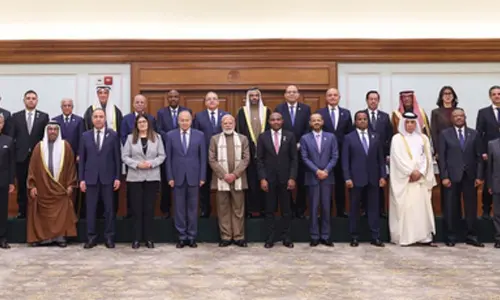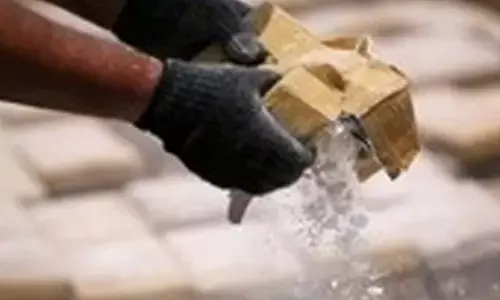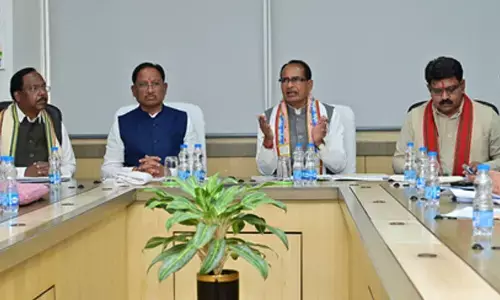Respecting the identity and dignity of the 3rd gender

Respecting the identity and dignity of the 3rd gender. Babli went to vote with pride in this election with her new voter ID card and urged other hijras to do the same. She believed that people will stop reacting negatively to the word hijra and start treating them as the third sex.
Babli went to vote with pride in this election with her new voter ID card and urged other hijras to do the same. She believed that people will stop reacting negatively to the word hijra and start treating them as the third sex. But they were pushed between the male and the female queues.
“Nothing has changed for us,” says Shaboo bee, Babli’s leader in a disappointed tone.

Recently, India's Supreme Court recognised transgenders as the third gender in a landmark ruling and ordered the government to provide them quotas in jobs and education and also provide other key amenities.
The Election Commission may have introduced 'others' gender option in an attempt to uplift the oppressed communities but the transgender community says they are still living in social stigma and are yet to be included in the democratic process.
“Nothing has changed for us. No mall welcomes us and no theatre has made separate toilets for us. So what is the change?” questions Shifali.
Shifali, an M Sc graduate tried to apply for a job online. When she left the ‘sex’ column empty, her resume was rejected.
Recognition of the third gender for the eunuchs is the first step towards providing them with individual identity and dignity that is necessary to maximise their social and economic worth in society. This symbolic autonomy could, in the long term, translate not only into financial and social gain for them but for society generally by allowing them to engage in more productive forms of employment through gradual de-stigmatisation.
Eunuchs are addressed by many names: hijra, kinnar, transsexuals, the third sex, or the other sex. The very first image that comes to our mind when we think of eunuchs is that of a man’s body clad shabbily in a sari. The face caked in whitish powder and cheeks circled with cheap rouge, bright red lips and dark kohl-eyed people – and the ludicrously odd travesty of womanhood clapping clamorously in a busy market hustling for hundred or two hundred rupees.
However the community members welcome the EC's initiative and feel that other departments and organisations too should take this example and give such option so that they can come out freely in the society with an 'identity'.
“Of course much more change is needed. While we cannot expect that the decision of the court will bring about an overnight social change in terms of public perceptions or that every decision will be a progressive one,” says Shradda Das from Sphrooti who works towards the upliftment of eunuchs.
“The society still needs to accept us. We are a reality and not tales. We are called 'hijra' and are looked down upon. The voluntarily participation will rise once the government and the people start respecting and accepting us," says Maya.
A eunuch professor at a university in Hyderabad was furious after being questioned about the Supreme Court verdict.
"You would not ask another professor, whom you treat as male or female, about their sexual freedom and identity. Then why us?" he questioned.
“The third gender isn't a step to create another segment of society, rather it’s a major hurdle cleared in the long fight for justice and right. There is an immense social stigma associated with transgenders. They are treated as burdens and even curses,” said Parveena.
"Many educated families also have misconceptions about us. We cannot live a healthy and normal life if people around us are not educated and empathetic," she sighed.
Next Story














